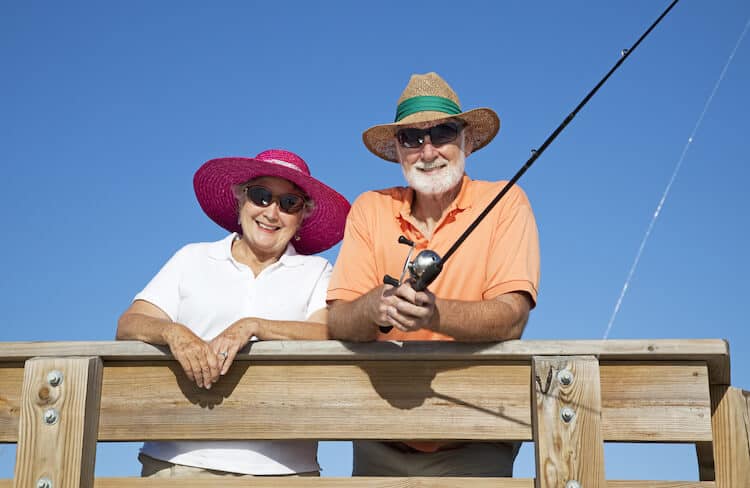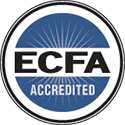Preventing Skin Cancer & Melanoma

Preventing Skin Cancer and Melanoma in Seniors
Summers in north Florida are well known for being long, humid and hot, with an abundance of sunshine to brighten the days! Indeed, one of the things seniors enjoy most about Florida retirement living is our wonderful sunny climate that makes it perfect for enjoying outdoor activities. With summer well underway, it’s a perfect time to consider your “fun in the sun” time and ensure you’re taking the proper steps to protect yourself on sunny days.
What is Melanoma and Skin Cancer?
Skin cancer is the most common form of cancer in the United States, impacting over five million people each year. Melanoma is the most dangerous form of skin cancer. Skin cancer develops when skin cells are unable to repair themselves properly or grow out of control.
Ultraviolet radiation (UV) from the sun or tanning beds is a common cause of melanoma. When UV radiation attacks these cells, it triggers genetic defects that cause the skin cells to grow rapidly. The tumors can resemble moles, with some instances of melanoma developing from moles. It’s also possible for melanoma to appear as a spot, sore or lesion.
The ABCDEs of Melanoma
Since melanoma can look like any other mole on the body, it’s important to know when you should be concerned about changes in your skin. Dermatologists have developed a checklist for melanoma symptoms known as the ABCDEs. If you notice any of these, please speak with your doctor as soon as possible.
- Asymmetrical: If you can draw a line through a mole and the two halves are NOT identical, then it may be a warning sign.
- Border: The edges of an early melanoma spot may be uneven or notched. A regular mole has smooth edges.
- Color: Regular moles are only one color. If a mole has multiple colors, then that could be cause for concern.
- Diameter: Melanoma moles are usually bigger than benign moles. One way to check is if the malignant mole is bigger than the head of a pencil eraser. Beware that the mole may appear smaller when first detected.
- Evolving: If a mole starts to change in any way (color, size, elevation, shape, etc.), please consult a physician.
Prevention Tips for Skin Cancer and Melanoma
Melanoma can develop in any person at any age. However, as we get older, the risk of melanoma increases. Fortunately, thanks to research and early detection and prevention, melanoma can be spotted and treated early. Here are some ways to lower your risk for skin cancer and melanoma:
- Cover up with adequate clothing, such as a broad-brimmed sun hat and UV-blocking sunglasses. Of course, don’t forget to wear sunscreen and reapply as needed.
- If you’re outside, seek sources of shade, especially between the hours of 10:00 am and 4:00 pm. This is when the UV index is the highest during the day.
- Check your skin regularly, especially places that don’t normally see sunlight (scalp, fingernails, etc.) If any moles or lesions seem out of the ordinary, bring it to the attention of a dermatologist as soon as possible.
- Consult with a dermatologist at least once a year for a skin exam. The exam can also detect other skin conditions that may have developed.
- Avoid tanning. Tanning beds damage skin cells, and the overall damage can cause wrinkles, age spots, and even more forms of skin cancer than just melanoma.
Vibrant and Healthful Senior Living at Advent Christian Village
If you’d like more information on what to look for while choosing sunscreen, please read this helpful article, Your Sunscreen May Be Killing You, by John Nicely, our staff pharmacist at the Village Pharmacy in Copeland Medical Center. For more information about senior living options at Advent Christian Village, please contact us to schedule a tour of our thriving community in Live Oak, Florida.



